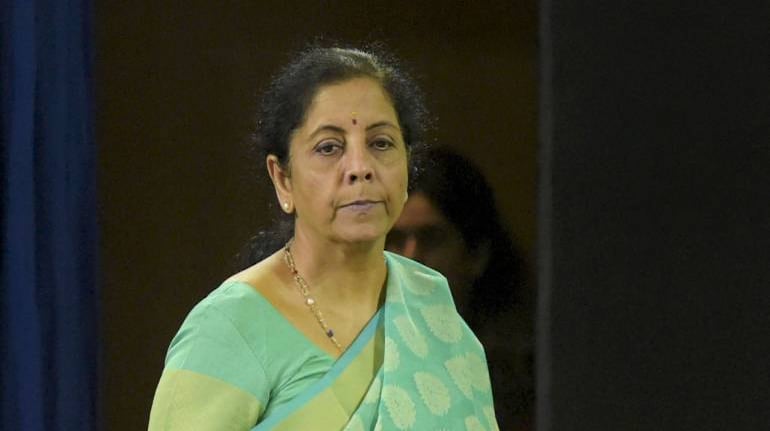



On April 27, the government dismissed a report prepared allegedly by 50 officers of the Indian Revenue Services on revenue mobilisation and economic impetus to fight COVID-19 pandemic.
The report, titled FORCE (Fiscal Options & Response to the COVID-19 Epidemic) suggested raising the tax rate to 40 percent for those with income above Rs 1 crore, from 30 percent at present, and levy of wealth tax for those with over Rs 5 crore annual income.
However, the finance ministry was quick to brush off the report saying it did not reflect official views. In a tweet late on April 27, the Income Tax Department, under the Central Board of Direct Taxes (CBDT), said the report did not reflect the official views of the CBDT and the finance ministry. It said an inquiry was being launched into why the report was shared with the public.
"There will be an internal enquiry on the report and who were involved. We'll then decide what to do about the findings," a senior government official told Moneycontrol.
The report, dated April 23, said, "In times like these, the so called 'super rich' have a higher obligation towards ensuring the larger public good."
It also suggested a surcharge for foreign companies with a permanent establishment in India.
"There is already a lot of apprehension among taxpayers in these trying times. Jobs are under stress, there's too much uncertainty around future incomes. At such times, this kind of a report would have only further spread panic. Government is duty bound to stop spreading panic at any cost," the official said.
The official also said that an inquiry was essential because preparing such a report was not the mandate of these officers. "There is a certain protocol. It has to be maintained. Did the government seek such a report? No," the official said.
The ministry has asked CBDT Chairman P C Mody to seek an explanation from these officers for publicly airing such views without having any authority to do so.
Economic activitiew have ground almost to a halt in India after Prime Minister Narendra Modi imposed a 40-day lockdown last month to curb the spread of the coronavirus.
It is expected to severely impact direct and indirect tax collections, which were already suffering from an economic slowdown before the pandemic.
Making the case for increased taxes, the report said the government would need to support the underprivileged as well as small and medium enterprises.
Discover the latest Business News, Sensex, and Nifty updates. Obtain Personal Finance insights, tax queries, and expert opinions on Moneycontrol or download the Moneycontrol App to stay updated!